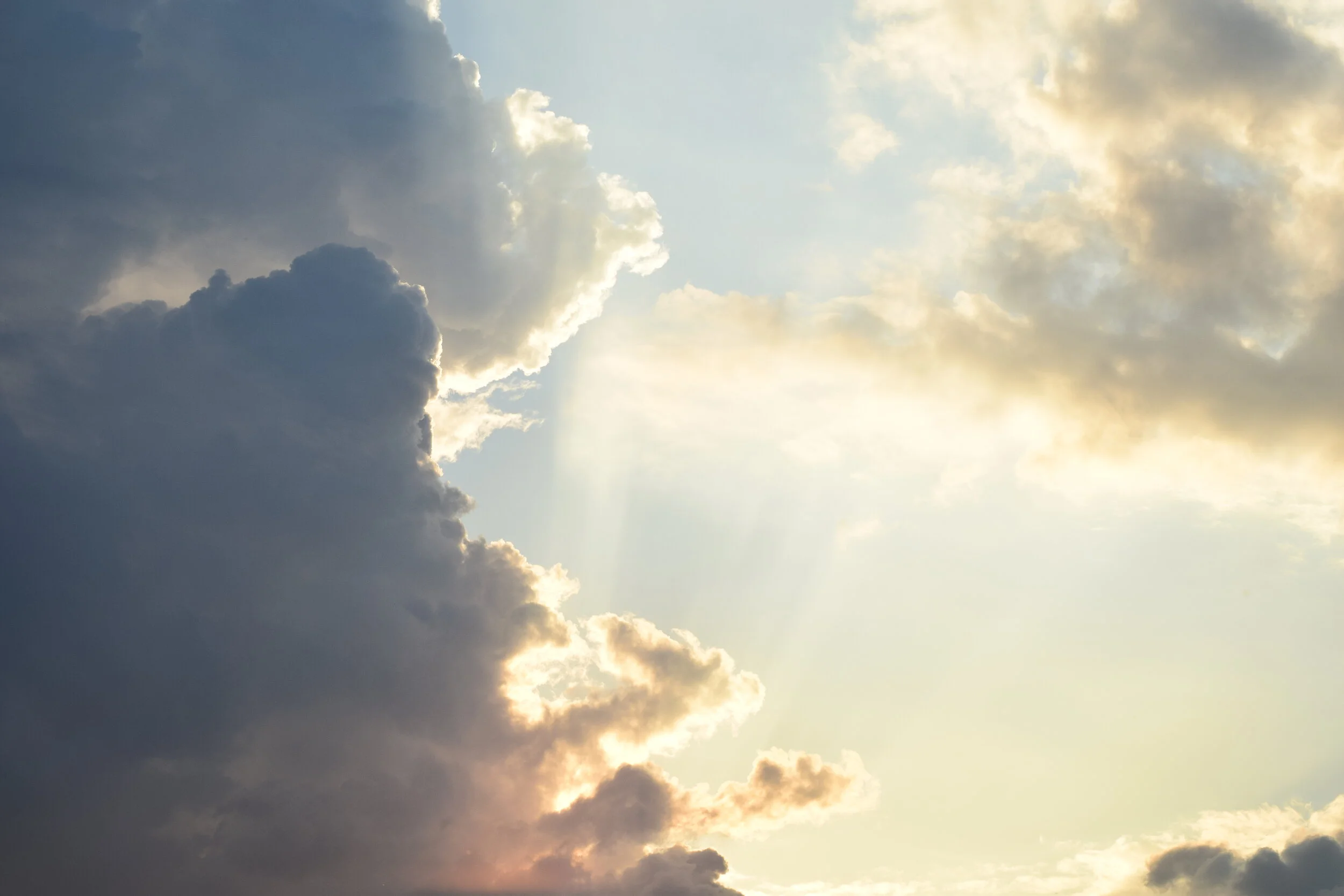#109. Birth pains
Our reading today begins with Jesus leaving the temple -
Mark 13
1 As Jesus was leaving the temple, one of His disciples said to Him, ‘Look, Teacher! What massive stones! What magnificent buildings!’ 2 ‘Do you see all these great buildings?’ replied Jesus. ‘Not one stone here will be left on another; every one will be thrown down.’ 3 As Jesus was sitting on the Mount of Olives opposite the temple, Peter, James, John and Andrew asked him privately, 4 ‘Tell us, when will these things happen? And what will be the sign that they are all about to be fulfilled?’ 5 Jesus said to them: ‘Watch out that no one deceives you. 6 Many will come in my name, claiming, “I am he,” and will deceive many. 7 When you hear of wars and rumours of wars, do not be alarmed. Such things must happen, but the end is still to come. 8 Nation will rise against nation, and kingdom against kingdom. There will be earthquakes in various places, and famines. These are the beginning of birth-pains. 9 ‘You must be on your guard. You will be handed over to the local councils and flogged in the synagogues. On account of me you will stand before governors and kings as witnesses to them. 10 And the gospel must first be preached to all nations. 11 Whenever you are arrested and brought to trial, do not worry beforehand about what to say. Just say whatever is given you at the time, for it is not you speaking, but the Holy Spirit. 12 ‘Brother will betray brother to death, and a father his child. Children will rebel against their parents and have them put to death. 13 Everyone will hate you because of me, but the one who stands firm to the end will be saved.
This morning our thought doesn’t come from me but a Bishop (of Durham) - Tom Wright:
Jesus’ disciples would have known more about birth-pains than most modern men. I watched three of my four children being born, but that’s the limit of my first-hand experience of such matters. In the ordinary world of the ancient Middle East, and many other places to this day, a good deal of intimate family life goes on in a semi-public world. Everyone knows everyone else’s business; children grow up knowing from direct observation what today’s children learn from television; and the way babies are born—and the agonies it takes for a woman to give birth—are part of the common knowledge of everyday life. The picture of birth-pains had been used for centuries by Jews as they reflected on the way in which, as they believed, their God was intending to bring to birth His new world, His new creation, the age to come in which justice and peace, mercy and truth would at last flourish. From the great prophets onwards they spoke of the world going through the labour-pains that would herald the birth of the new day. Many writers from Jesus’ time whose works have come down to us spoke of the Jewish hope in this fashion. Since, as we have already seen, Jesus believed that His kingdom-mission, His message, was the divinely appointed means of bringing this new world to birth, we shouldn’t be surprised that He sometimes spoke of it in this way as well. The whole chapter is introduced by a double question about the Temple. Herod’s Temple, still incomplete in Jesus’ day, had the reputation of being the most beautiful building in the whole world, and was certainly the largest and most imposing structure for hundreds of miles in any direction. Jesus solemnly predicts that the whole thing will be demolished—putting into words the message He had acted out when he stopped the sacrificial system from functioning earlier in the week. The disciples are astonished. They, after all, have just said how impressed they are at the sight of the place. And they ask, not unnaturally, when these things are going to take place.
to be continued...
Much love
Tim

